Can a U.S. Visa Be Canceled Over Political Disputes?

Why Hiring Immigrant Talent is a Smart Move for Your Business – And How to Protect Their Status
As an immigration attorney, I’ve spoken to countless business owners, HR professionals, and executives who understand the immense value immigrants bring to the U.S. workforce. Whether it’s their unique perspectives, specialized skills, or unmatched work ethic, immigrants often contribute in ways that transform companies and drive innovation. But alongside these benefits comes an important consideration: ensuring their ability to remain in the U.S. and continue their work without disruption.
One question I get asked frequently is this: Can a non-immigrant visa be revoked by a presidential executive order? It’s a legitimate concern, especially given the ever-changing immigration policies we’ve seen over the years. The short answer is this: while it’s unprecedented for a wholesale visa revocation to happen due to policy changes, there are scenarios where immigration policies and executive actions could put employees with non-immigrant visas in a precarious position.
Let’s break it down.
How Policy Changes Can Impact Non-Immigrant Visas
First, let’s define a non-immigrant visa. This is a legal visa that allows individuals to be in the U.S. on a temporary basis for work, study, or other reasons. These are valid and lawful visas, meant to bridge the needs of employers and talented professionals.
We’ve never seen a group of people lose their visa status outright because of a policy shift. However, here’s what can happen under an executive order:
- Visa Issuance Could Be Suspended: With a stroke of the pen, a president has the power to halt visa issuance temporarily, or even indefinitely, to certain groups of people or countries. For example, in January, visas in Colombia were temporarily suspended because of a diplomatic dispute. It happened fast—within days. One moment consulate offices were operating normally, and the next, they were closed to applicants.
- Admissions Could be Restricted: Even if someone holds a valid visa, an executive order could restrict their ability to enter the U.S. For example, we saw this with the early introduction of travel bans that impacted individuals with valid documentation.
- Deportation Risks Can Increase: Executive policies may set new priorities for removal, which is the formal term for deportation. While this is typically less common for non-immigrant visa holders, it’s still a legitimate concern that executives within your company should keep on their radar.
What’s worth noting is that these changes don’t just affect individuals—they can profoundly disrupt businesses, especially those reliant on skilled foreign workers. Imagine waking up on Monday morning to discover that one of your top engineers, scientists, or managers may no longer have a pathway to remain in the U.S. These disruptions can cost companies time, money, and, significantly, innovation.
About the Author
Loren Locke is the Managing Attorney of Locke Immigration Law and a former U.S. Foreign Service Officer who adjudicated approximately 12,000 visa applications at the U.S. Consulate in Mexico. She holds a J.D. from William & Mary Law School and a B.A. summa cum laude from the University of Richmond. Loren is regularly quoted on immigration policy by major publications including Newsweek, Condé Nast Traveler, and The Daily Mail, and specializes in EB-1A extraordinary ability petitions, O-1 visas, and National Interest Waivers.
Follow Loren on LinkedIn | Watch on YouTube | Book a consultation | hello@lockeimmigration.com
Want to learn how to strategically frame your achievements for the EB1A "Extraordinary Ability" visa? My free 5-day email course, "5 Days to Your Compelling EB1A Story," provides the 'EB1A Storytelling Toolkit' to help you build a powerful case. Sign up here.
